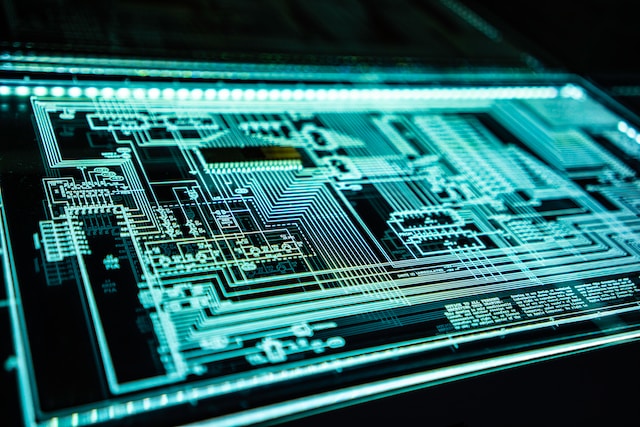Artificial intelligence (AI) is an important part of human life today. It is actively used in various fields: production automation, technology development, and so on. In recent years, AI has greatly influenced progress in chemistry, physics, as well as materials science. With its help, scientists accelerate the discovery of innovative high-tech materials. And this is a real breakthrough in numerous industries.
Many companies and research institutes are beginning to use AI to solve complex problems, including creating materials with unique properties that would be difficult to develop through traditional techniques. Sacramento Online Loans can be useful for those seeking funding for studies in this field.
How Artificial Intelligence Helps Speed Up the Search for New Materials
The process of developing new materials has always been long/complex. Scientists had to conduct dozens (and sometimes even hundreds) of experiments to find the perfect combination of elements. And, as a result, create a new material. But over time, with the advancement of AI, everything became much faster.
AI analyzes extensive data sets, allowing researchers to swiftly identify which combinations of chemical elements can result in developing a new, advanced material. It also predicts the properties of different combinations of elements based on data collected from previous studies. For example, AI can easily identify which molecules will exhibit the desired characteristics, like high strength, temperature resistance, or conductivity.
Artificial intelligence helps create models that predict material behavior under different conditions. Therefore, scientists can learn how a material will behave in real life before it is produced and tested in laboratories. This, of course, saves a lot of time and resources.
Speaking about how AI accelerates the search for advanced materials, you probably want to know both the theoretical aspects and real-world applications. This technology already has numerous practical uses. Let’s remember, for example, new supercapacitors for electronics and high-strength alloys for aviation. Or new materials for creating light and durable structures in construction.
Production Processes Optimization
AI improves the manufacturing process as well. In materials production, key factors are not only quality but also speed and cost. And here artificial intelligence shows its power.
One of the most obvious applications of AI in manufacturing processes is the implementation of smart systems for monitoring and controlling production lines. AI can track each material production stage, identify early problems, and forecast how the process can be improved to reduce costs and boost quality.
Practice shows that artificial intelligence helps optimize processes related to quality control. It can examine images of materials taken with high-precision cameras and identify defects that may not be visible to the human eye (such as microcracks or improper material distribution). This prevents errors at later production stages.
AI is also used to plan and manage material inventories. Using predictive models, it helps companies determine how much raw material is needed for a production process and avoid surpluses or shortages, which also reduces costs and time.
Additionally, AI accelerates the testing process. It can easily simulate the production process of different materials and suggest which one will be the most efficient and cost-effective. This likewise shortens the time it takes to bring a new material to market.
Practical Application of High-Tech Materials
High-tech materials find application in many industries, greatly enhancing their productivity and efficiency:
- Construction. AI helps develop strong, durable, and eco-friendly materials. Good examples are new types of concrete that withstand loads better and are not damaged by environmental influences. Or new insulating materials that promote energy saving.
- Electronics. New semiconductors and supercapacitors improve the efficiency of batteries in mobile devices, electric cars. AI also helps create screen materials that are more durable and brighter.
- Medicine. High-tech materials make it possible to create effective and safe medical devices. For instance, new biocompatible implants or coatings for surgical instruments that lower the risk of infections, accelerate healing, etc.
- Aviation. In the aviation industry, cutting-edge materials reduce fuel consumption and extend the lifespan of airplanes.
- Energy. Innovative materials for solar panels/batteries enhance energy efficiency. Also, promote environmental sustainability.
Thus, artificial intelligence plays a critical role in creating new high-tech materials, which in turn influence the development of many industries. In the future, as AI technologies advance, we will definitely witness even more amazing and useful materials that will open new horizons for science and industry.









